Description
CURRENTLY OUT OF PRODUCTION
The Espresso Portable Phantom Power Supply is designed specifically to power the Cortado Contact Mic in situations where phantom power isn’t otherwise available, but it can power any mic requiring 30-48V phantom power at current draw of up to 5 mA. It has one XLR female input to one 1/4″ TRS female output. The output can be configured for either mic level balanced signal or line level unbalanced signal.
The Espresso has a couple of unique applications. First, when joined with a SmartPhone Adapter Cable, it can send a mic signal straight into your I-Phone, Android or other SmartPhone. The Espresso sits easily in the palm of your hand along with the phone. The result is high-quality, truly mobile recording.
Second, by simply moving an internal jumper, you can configure the Espresso to output an unbalanced, line-level signal. This allows you to run a contact or condenser mic signal straight into an instrument amp without use of a preamp or DI box. This is especially handy for acoustic instruments equipped with piezo pickups.
What You Will Need
What you will need to build the Espresso:
Tools:
- Digital Multimeter, able to measure Resistance
- #2 Philips Screw Driver
- Small ruler
- Scissors
- Small awl, or metal poking probe
- Soldering Iron (not a soldering gun, or a “cold heat” iron), good quality, 15-50 watt, with a good medium or small sized tip, conical or “screwdriver” shape. One with a temperature control and a stand is best.
- Wet sponge or dry solder-cleaning pad
- Wire strippers
- Flush cutters or small diagonal cutters
- Needle-nose pliers
- Some sort of clamp or fixture to hold the printed circuit board while soldering (optional, but it’s nice to work with).
- Solder sucker or solder braid – optional, but very handy if you have to remove / repair any components!
- Cordless Drill
- Drill bits: 1/8", 1/4", 7/16", 3/8" (3, 6, 11, 9.5 mm)
- Fine-tip permanent marker
Supplies:
- Solder, 60/40 rosin core, the smaller diameter the better; we prefer .032” (20-22 AWG, 0.81mm) diameter. Make sure it’s good quality; we prefer Kester brand, but the Radio Shack brand will work fine.
- Isopropyl alcohol, denatured alcohol, or rubbing alcohol
- Lighter, for heat-shrinking the heat-shrink tubing

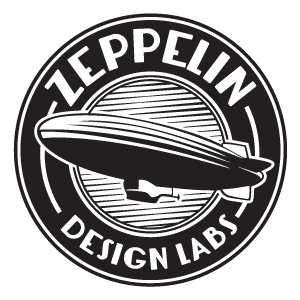


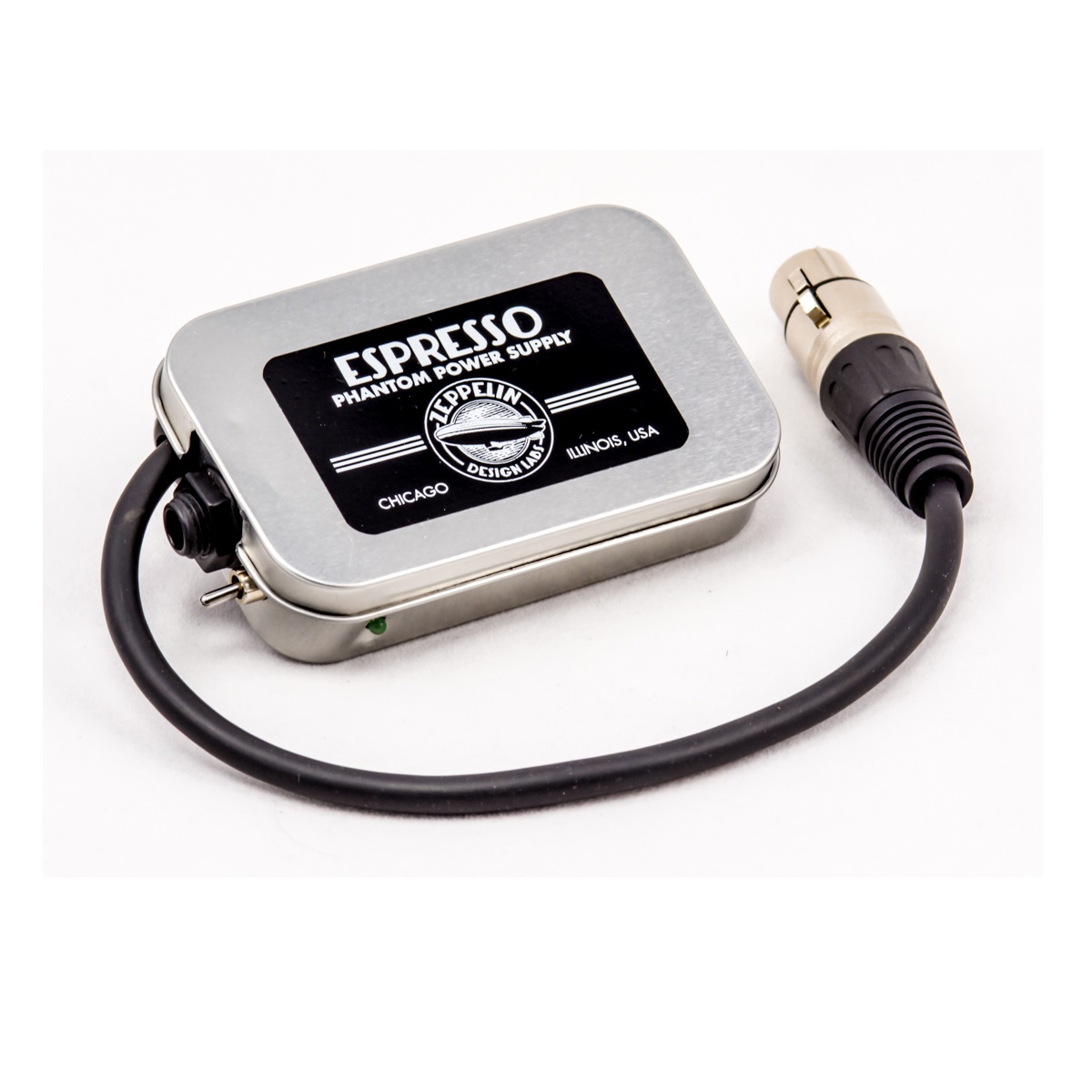
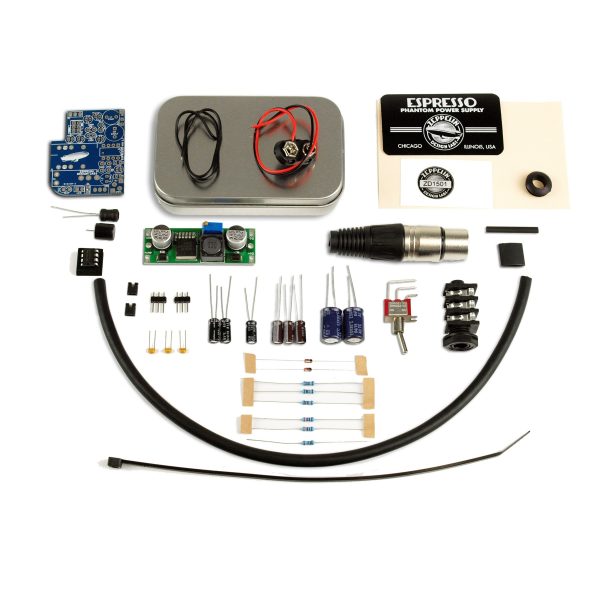
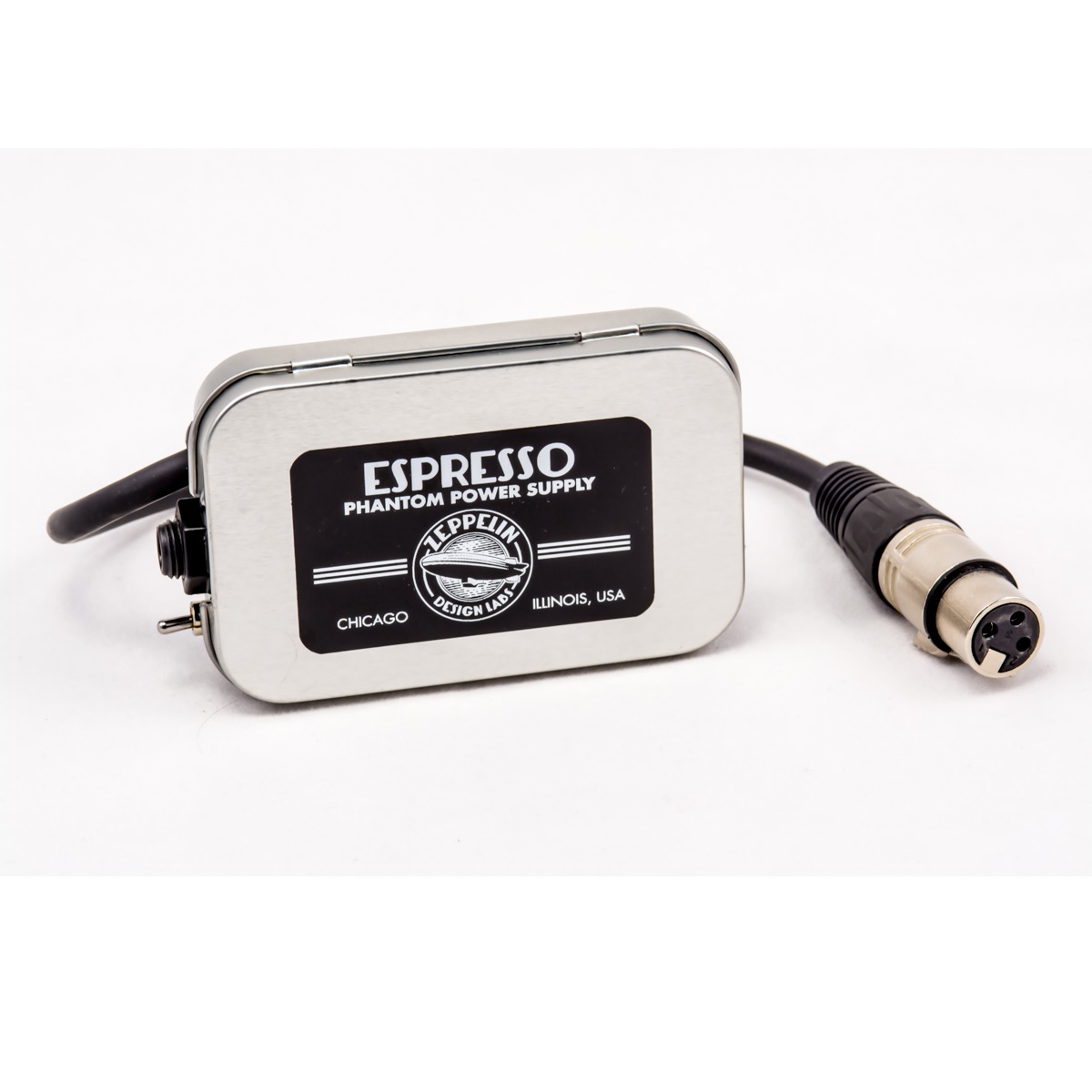
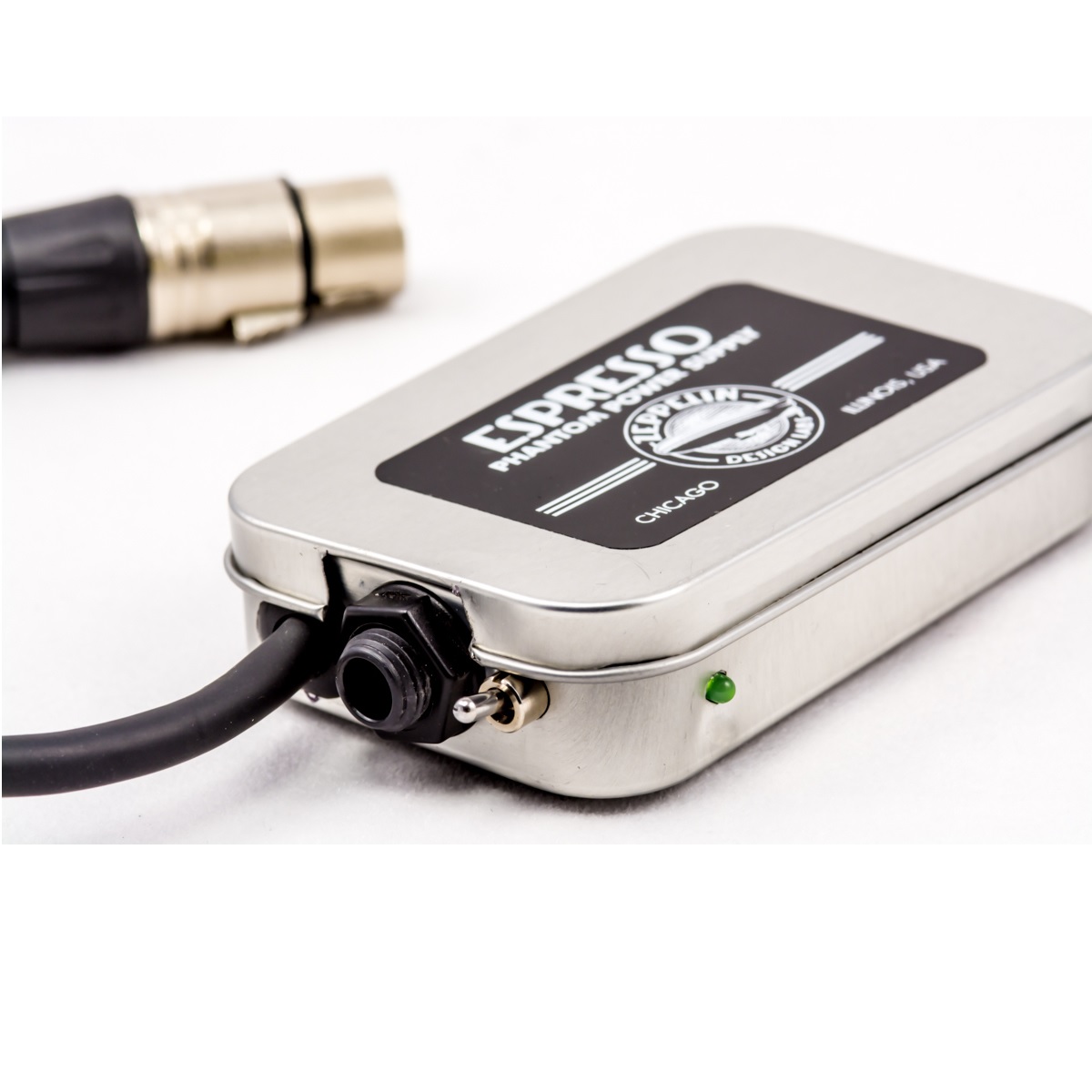
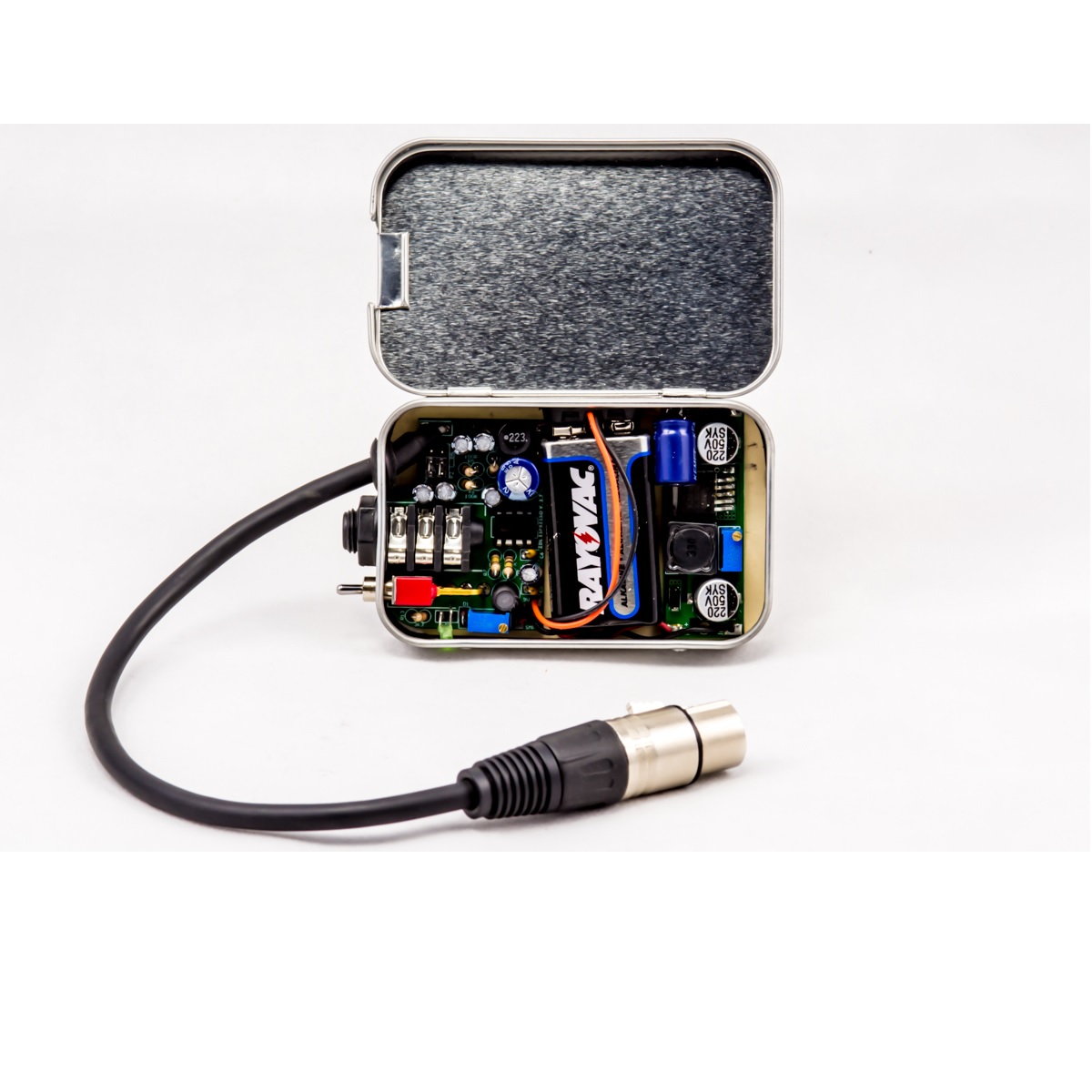
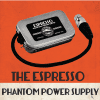
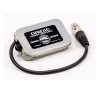
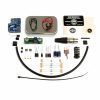
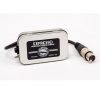
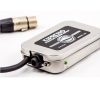
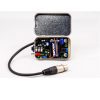
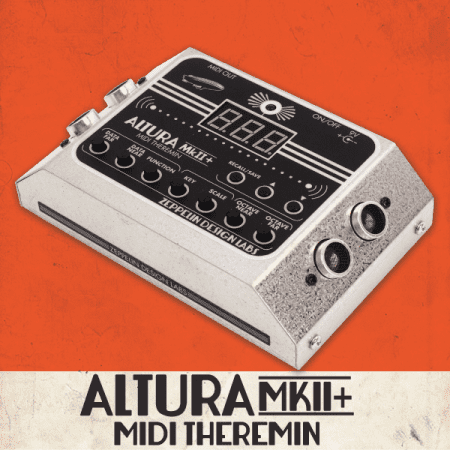
Reviews
There are no reviews yet.